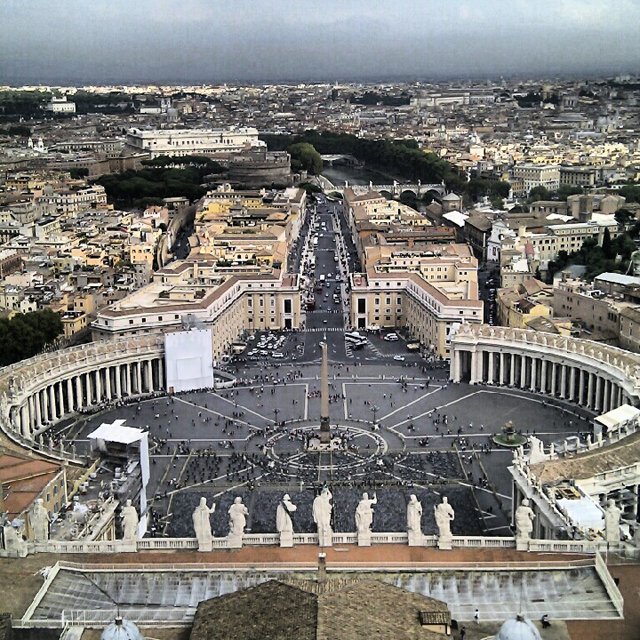ROME, ITALY – Italian Prime Minister Giorgia Meloni has signaled Italy’s readiness to actively assist in President Donald Trump’s proposed Vatican-mediated peace talks to end the conflict in Ukraine, provided the Holy See agrees to host such high-stakes negotiations. The offer underscores Italy’s ongoing diplomatic efforts and a broader push by some Western leaders to explore avenues for de-escalation.
Meloni’s office confirmed that Italy is prepared to “facilitate contacts and work towards peace” in Ukraine and “viewed positively” what it understood to be Pope Leo XIV’s willingness to host such discussions at the Vatican. This endorsement follows recent suggestions from Trump that the Vatican could serve as a neutral and symbolically significant venue for direct talks between Russia and Ukraine.
The prospect of Vatican-hosted negotiations gained momentum after a recent meeting between Russian and Ukrainian officials in Istanbul, which, while yielding some agreements on prisoner exchanges, failed to produce any significant breakthrough towards a ceasefire. Pope Leo XIV, in a statement last week, reiterated the Vatican’s long-standing tradition of seeking to “bring enemies together” and affirmed its readiness to “make every effort” for peace to prevail.

However, the Holy See itself has adopted a cautious stance, emphasizing that the idea of hosting or mediating talks, as suggested by Trump, remains more of a hope than a concrete plan at this stage. Despite this, the potential involvement of the Vatican, particularly under the new Pontiff, is seen by some as potentially injecting a different, more moral dimension into the proceedings. The Catholic Church has a historical track record of mediating conflicts, and its quiet diplomatic style stands in stark contrast to the more assertive public pronouncements often associated with other political figures.
Ukrainian President Volodymyr Zelensky, while engaging with various international partners on “possible platforms for talks with the Russians,” has also mentioned Turkey and Switzerland as alternative venues. The Kremlin, for its part, has expressed a preference for continuing discussions in Turkey, referring to a process called “Istanbul Plus,” which would incorporate additional demands from Moscow, including recognition of its annexed Ukrainian territories.
While the exact venue may be less critical to Moscow, the substance of any potential talks remains a formidable hurdle. Russia has consistently insisted that any resolution must address the “root causes” of the conflict, a set of demands that Kyiv and its Western allies have repeatedly rejected as an ultimatum.
Prime Minister Meloni’s proactive stance highlights Italy’s desire to play a constructive role in diplomatic efforts to end the war. As a key European ally, Italy’s support for a Vatican-led initiative could lend further weight to the proposal, even as the path to meaningful dialogue remains fraught with complexities and deep-seated disagreements between the warring parties. The coming weeks will determine whether this latest diplomatic overture can translate into concrete steps towards a peaceful resolution in Ukraine.
